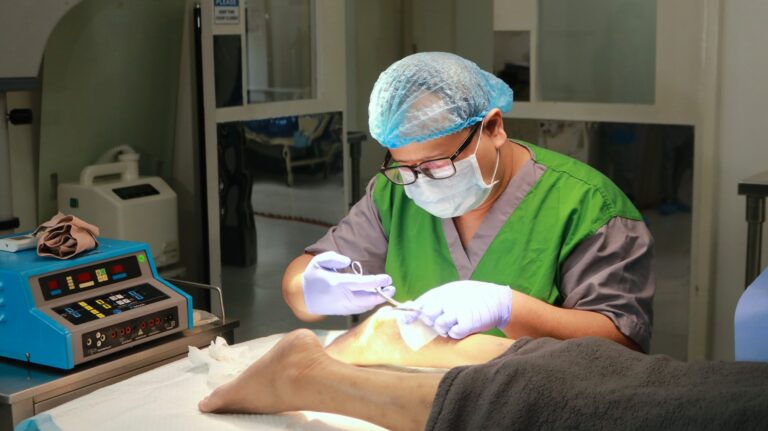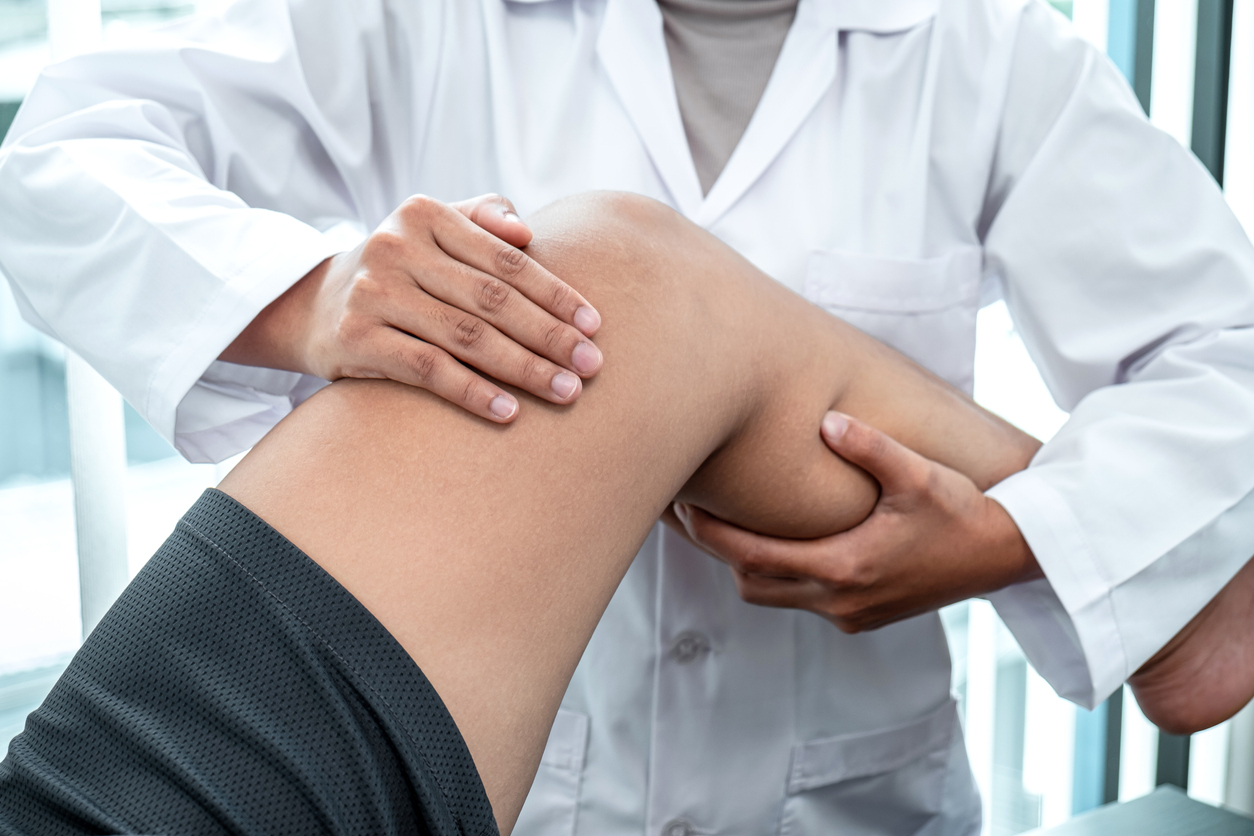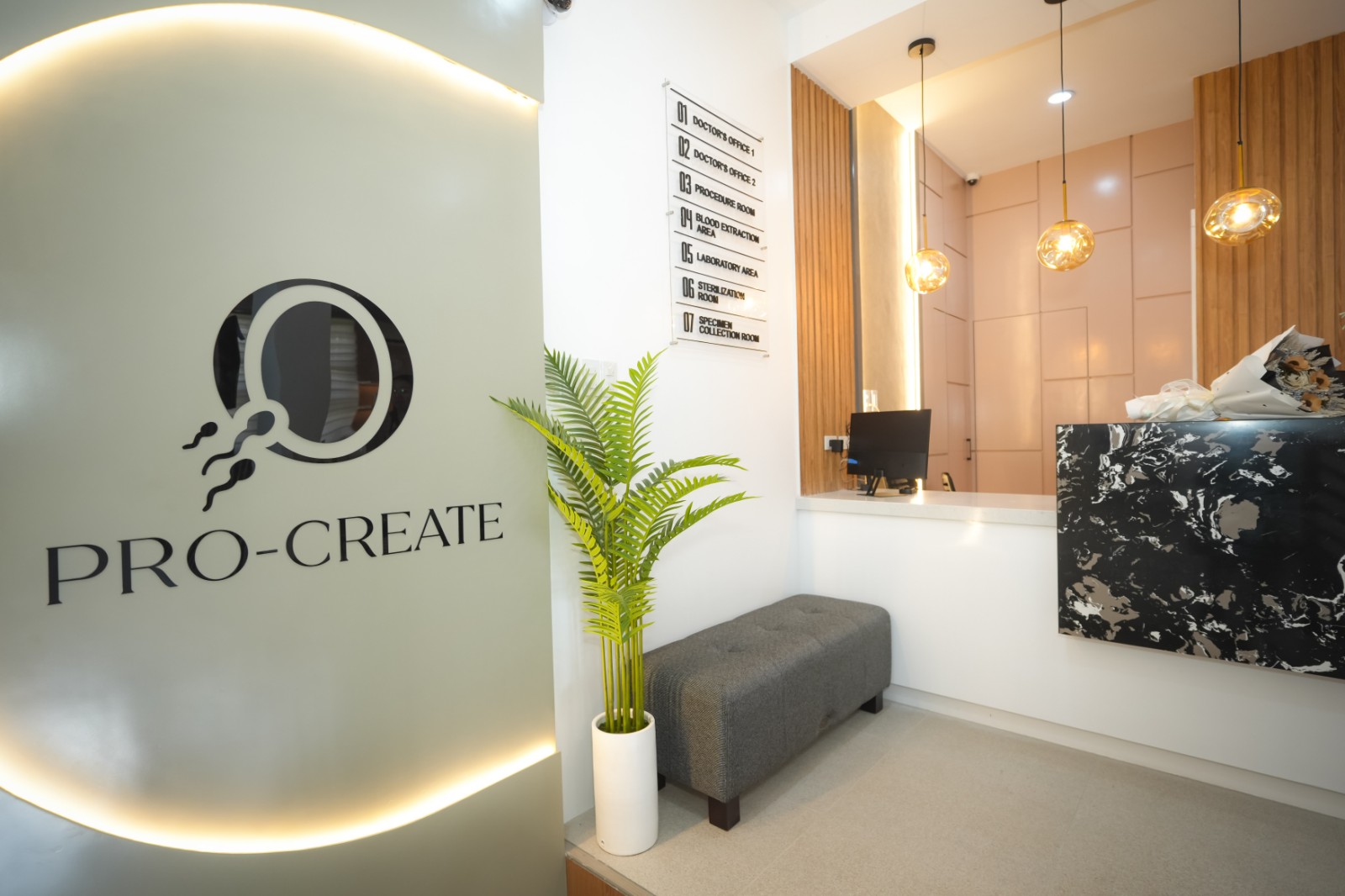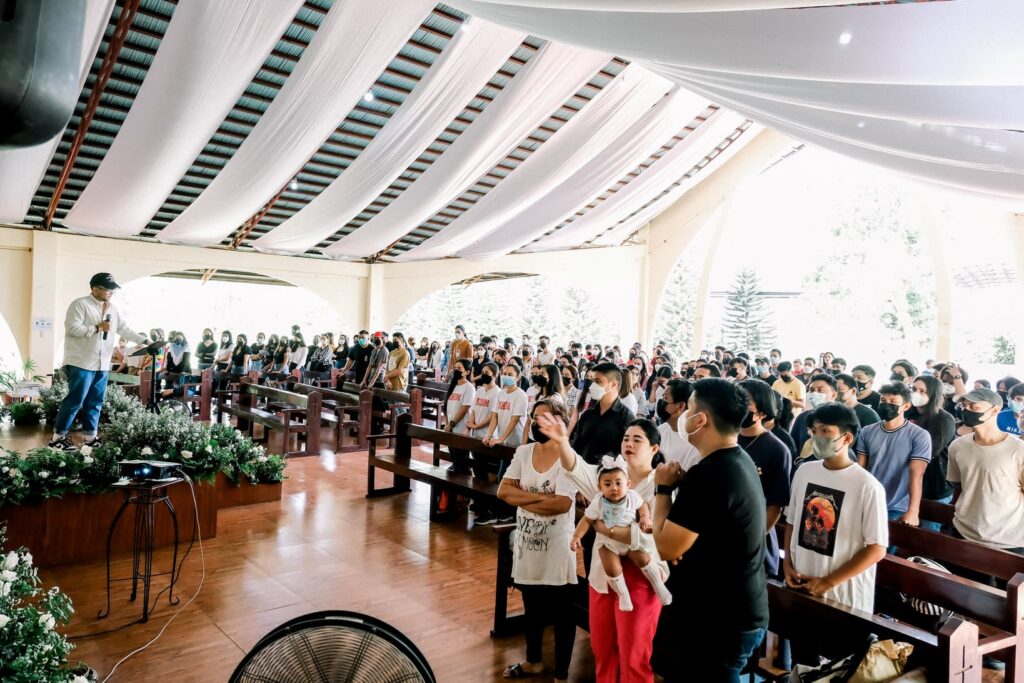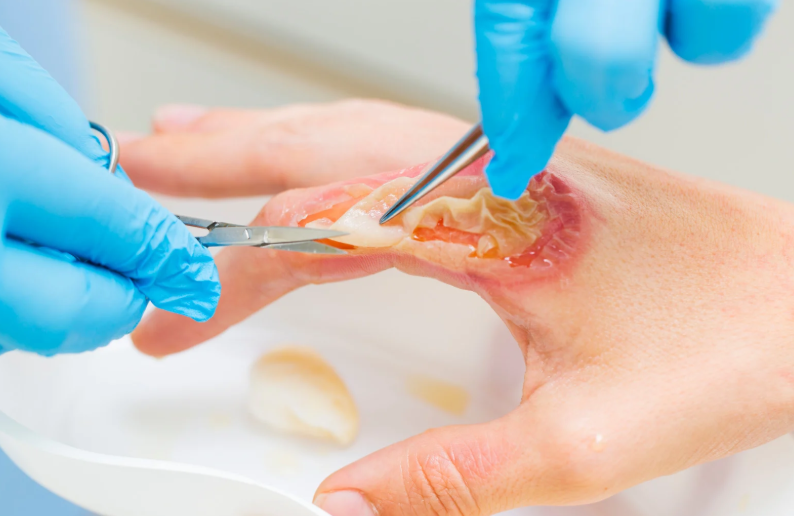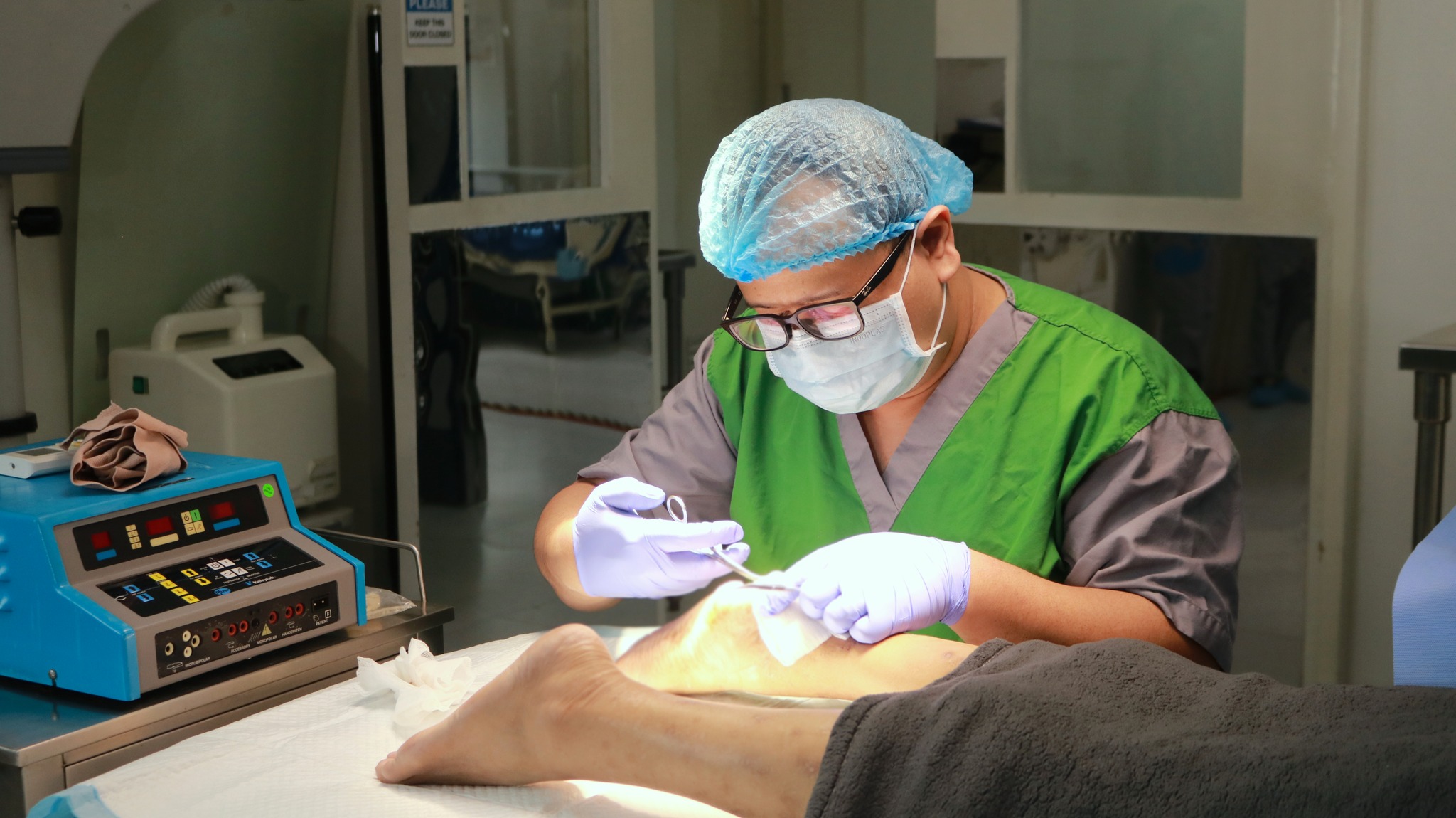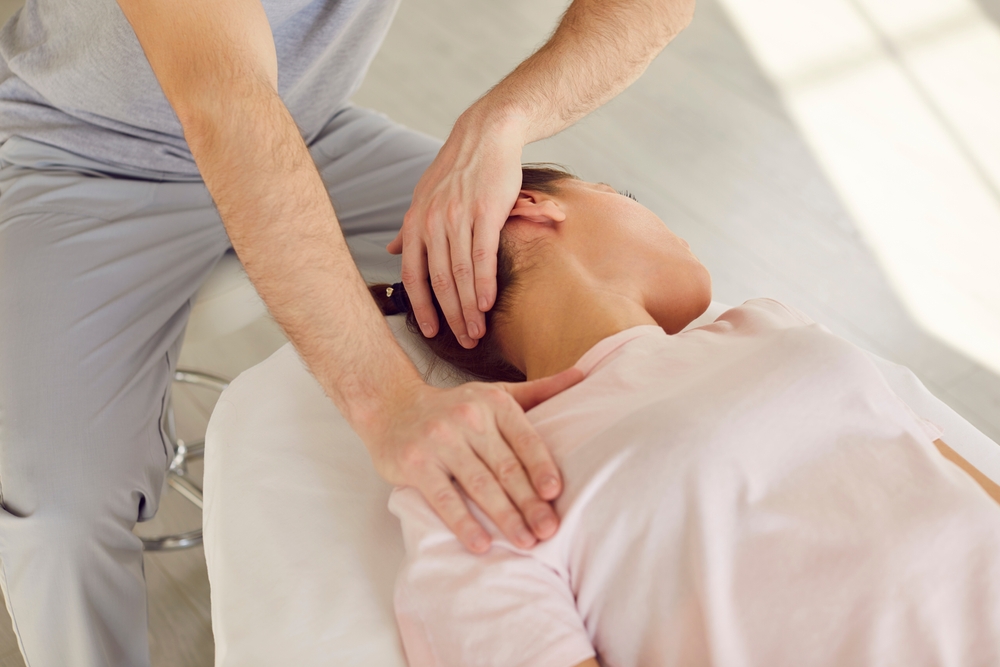Pressure ulcers, also known as bedsores or decubitus ulcers, pose a serious health challenge for individuals with limited mobility. These painful wounds result from prolonged pressure on the skin, often occurring on bony areas such as the hips, heels, and tailbone. Without proper care, pressure ulcers can escalate into severe infections, compromising a patient’s health and quality of life.
At Kalingap Wound Care Clinic in Quezon City, dedicated specialists provide comprehensive pressure ulcer treatment designed to restore comfort, dignity, and mobility. This Filipino-led clinic combines expert wound care with a compassionate, community-rooted approach to help patients throughout Metro Manila and beyond.
Understanding Pressure Ulcers: Causes and Risks
Pressure ulcers develop when sustained pressure restricts blood flow to the skin and underlying tissues. This lack of circulation damages the skin, causing wounds that can deepen if left untreated. People who are bedridden, use wheelchairs, or have limited ability to change positions are most vulnerable.
Common pressure points include the hips, heels, tailbone, elbows, and shoulders. These bony areas bear the brunt of body weight and are prone to skin breakdown, especially in patients who remain in one position for extended periods.
Risk factors for pressure ulcers extend beyond immobility. Advanced age, poor nutrition, dehydration, certain chronic diseases, and sensory impairments also increase susceptibility. Identifying at-risk individuals early allows caregivers to implement preventive measures and reduce the chance of ulcers developing.
Recognizing the Stages of Pressure Ulcers
Effective pressure ulcer treatment begins with understanding the condition’s severity. Healthcare professionals classify pressure ulcers into four stages, each indicating increasing damage:
Stage 1: The skin is intact but shows redness that doesn’t fade when pressure is relieved. The area may feel warmer or firmer than surrounding skin.
Stage 2: Partial-thickness skin loss exposes the dermis, presenting as a shallow open sore or blister.
Stage 3: Full-thickness skin loss exposes fat tissue but not muscle, tendon, or bone. The wound may have a crater-like appearance.
Stage 4: Extensive tissue damage exposes muscle, tendon, or bone. This stage carries a high risk of infection and requires urgent medical attention.
Early detection is critical. Stage 1 ulcers respond well to prompt care, while advanced stages require more intensive treatment to prevent complications.
Comprehensive Pressure Ulcer Treatment Approaches
Kalingap Wound Care Clinic adopts a holistic, patient-centered approach to pressure ulcer treatment. Beyond simply addressing the wound, the clinic focuses on healing the whole person—physically, emotionally, and socially.
Wound Cleaning and Infection Control: Proper cleaning is essential to prevent infection and promote healing. The clinic uses sterile techniques to gently cleanse wounds, removing dead tissue and bacteria. Infected ulcers may require targeted antibiotic therapy.
Pressure Relief and Repositioning: Eliminating pressure on vulnerable areas is vital. Special cushions, mattresses, and pads help distribute body weight evenly. Caregivers are trained to reposition patients regularly to avoid prolonged pressure on any single area.
Advanced Wound Dressings and Therapies: Modern dressings maintain optimal moisture levels and protect wounds from contaminants. Kalingap offers a range of options tailored to ulcer stage and patient needs, including hydrocolloid, foam, and alginate dressings. Some patients may benefit from therapies like negative pressure wound therapy (NPWT) to accelerate healing.
Nutritional Support: Good nutrition plays a significant role in skin repair. A balanced diet rich in protein, vitamins (especially A and C), and minerals supports tissue regeneration. The clinic’s team provides nutritional counseling to enhance recovery.
Pain Management and Comfort: Pressure ulcers can be painful, affecting a patient’s overall well-being. Effective pain control through medication and supportive care ensures patients remain comfortable throughout treatment.
Why Kalingap Wound Care Clinic Stands Out for Pressure Ulcer Treatment
What makes Kalingap Wound Care Clinic a trusted choice for pressure ulcer treatment? As a Filipino-led clinic deeply rooted in community values, Kalingap prioritizes compassionate care that respects each patient’s dignity. Accessibility and affordability are key pillars, ensuring that quality wound care reaches a wide population in Metro Manila and neighboring areas.
The clinic’s wound care specialists bring extensive experience and utilize the latest evidence-based techniques. Personalized treatment plans address not only the wound itself but also the emotional and social impacts of living with pressure ulcers. Patients receive ongoing education and support to maintain skin health and prevent recurrence.
Prevention: The Best Approach to Pressure Ulcers
While effective treatment is critical, preventing pressure ulcers remains the best strategy. Caregivers and patients can take several steps to minimize risk:
Regular Repositioning: Changing position every two hours for bedridden patients reduces pressure on vulnerable areas.
Skin Care: Keeping skin clean and moisturized helps maintain its integrity.
Use of Support Surfaces: Specialized mattresses and cushions redistribute pressure.
Nutrition and Hydration: Adequate fluid intake and balanced meals support skin health.
Routine Skin Checks: Early signs of pressure damage should be addressed immediately.
Education for caregivers and patients alike empowers proactive management, significantly reducing the incidence of pressure ulcers.
Takeaway
Pressure ulcers are more than just wounds—they affect a person’s comfort, dignity, and independence. Expert pressure ulcer treatment is vital to halt the progression of these sores and restore skin health.
Kalingap Wound Care Clinic offers comprehensive, affordable, and compassionate care tailored to the unique needs of Filipino patients. With advanced treatment methods, holistic support, and a community-focused approach, Kalingap helps patients heal and regain their mobility and confidence.
If you or a loved one is struggling with pressure ulcers, do not delay seeking professional care. Reach out to Kalingap Wound Care Clinic in Quezon City today for trusted pressure ulcer treatment designed to heal both wounds and lives.

